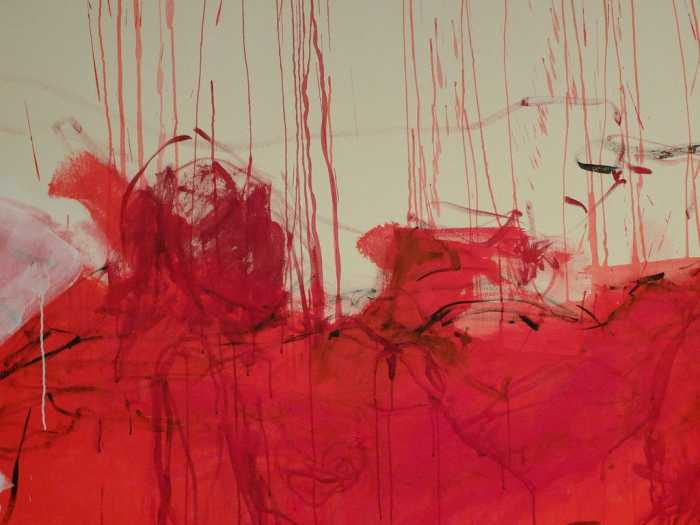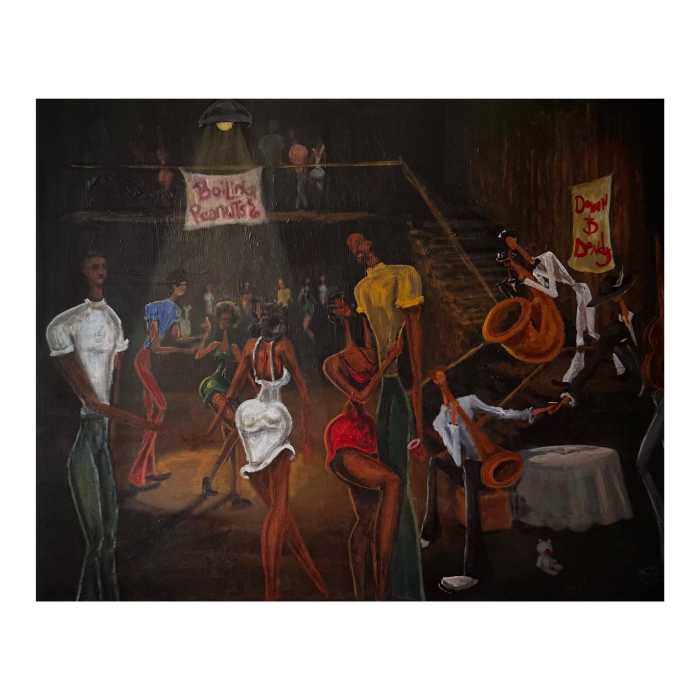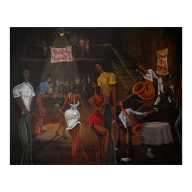Steven Spielberg is so many things to so many people — a brand, an icon, the purveyor of some of the cinema’s great youthful fantasies — that it’s surprisingly easy to forget he’s among the best pure filmmakers in the business.
“Bridge of Spies,” Spielberg’s latest movie, is also one of his finest achievements: the portrait of a significant moment in American history crafted with the utmost attention to small, illuminating details.
In similar fashion to the director’s previous effort, “Lincoln,” it infuses the backroom negotiations surrounding a crisis with the tension and drama of a thriller. The master of popular entertainment once again shows himself to be an accomplished renderer of subtle human behavior against a large period canvas.
Spielberg takes his subject — the U-2 crisis of 1960, in which American pilot Francis Gary Powers was shot down in his spy plane over Russia — and turns the focus inward. The film has an epic sweep but it is at its essence the story of a single man, Brooklyn attorney James B. Donovan (Tom Hanks), who makes a selfless sacrifice out of the sense of patriotic duty that has for so long shaped those who have made this country what it can be at its best.
Donovan is first asked to defend accused Soviet spy Rudolf Abel (Mark Rylance) to put up a sham display of American values, a case he takes seriously enough to bring to the Supreme Court; then, he’s recruited by CIA director Allen Dulles (Peter McRobbie) to secretly negotiate a prisoner swap of Abel for Powers in dangerously unstable East Berlin.
Hanks imbues Donovan with expected quantities of dignity — Hollywood’s everyman has long been his generation’s most able player of good men of consequence. His performance here stands out, though, because it’s utterly stripped of mythologizing. Donovan is, always, profoundly real — unsure that he’s the man for either of these jobs, filled with self-doubt and insecurity, but possessed by his belief in fundamental principles of kindness and fairness. His relationship with Rylance’s Abel, which transcends that of an attorney and his client to become something more substantial, is driven by the inherent sense that these elemental human qualities transcend geopolitical barriers.
Spielberg and longtime cinematographer Janusz Kaminski emphasize the fortitude required for Donovan to follow through in each task. The character feels stark political and personal pressure from multiple angles, conveyed through matching imagery that highlights his increasing isolation, as doors slam on him at work and strangers angrily stare on the subway. Simultaneously, the dim rays of light pouring into drab offices and prison visiting rooms, the cold greys linking New York City and East Berlin, create a realistic yet ominous aura appropriate for a moment where tensions were at their absolute height and it seemed the future of the world was at stake.































